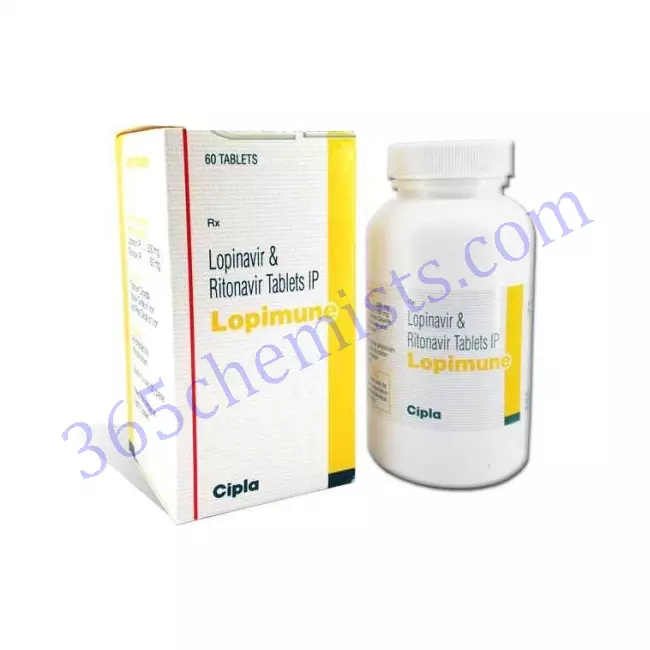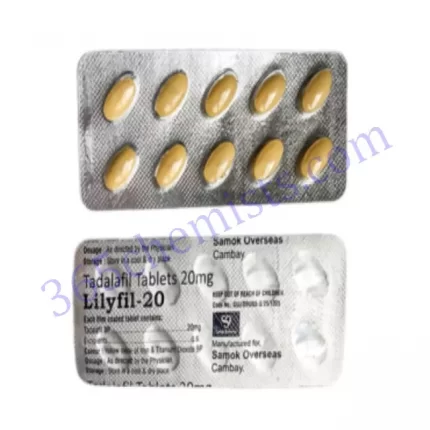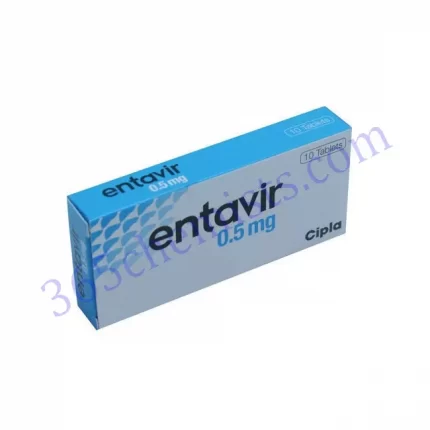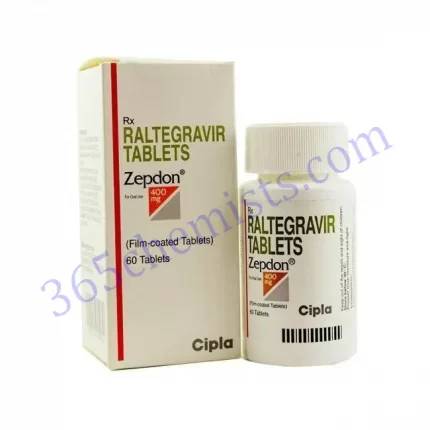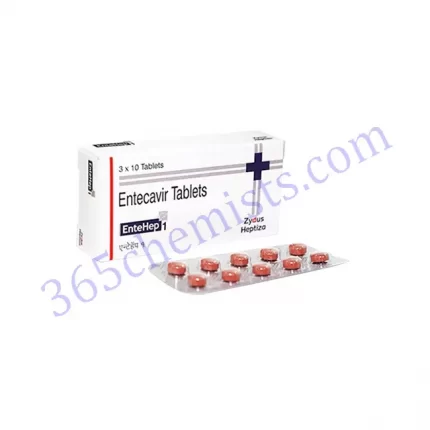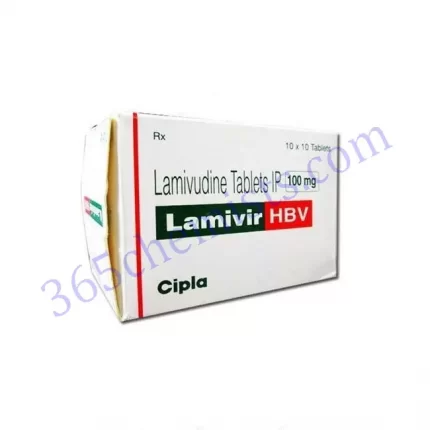Lopimune Tablet: Empowering HIV Treatment with Ritonavir and Lopinavir
The HIV (human immunodeficiency virus) infection can be treated with a medication called Lopimune Tablet, which is a combination medication. Ritonavir and Lopinavir are the two active ingredients that can be found in this product. Individuals who are living with HIV can benefit from this potent combination because it helps to inhibit the replication of the HIV virus, reduce viral load, and improve the immune system.
Understanding Ritonavir and Lopinavir
Both Ritonavir and Lopinavir are considered to be antiretroviral medications that fall under the protease inhibitor category. These medicines are effective because they block the activity of an enzyme called protease, which plays a critical role in the reproduction of the HIV virus. Ritonavir increases the concentration of Lopinavir in the blood, which in turn prolongs its action and improves the antiviral effect it has. This is how it boosts the effectiveness of Lopinavir. The use of Ritonavir and Lopinavir in combination constitutes an effective treatment modality for the management of HIV infection.
Indications and Usage
Tablet form of Lopimune is recommended for the treatment of HIV-1 infection in patients older than 14 days old, including both adults and children. As an element of an antiretroviral therapy (ART) regimen, it is administered to patients in conjunction with a number of other antiretroviral medications. In order to improve the individuals who are living with HIV’s overall health and quality of life, the purpose of treatment is to inhibit the replication of the virus, keep the viral load at a manageable level, and keep immune function intact.
Dosage and Administration
It is possible for the recommended dose of Lopimune Tablet to change depending on the age, weight, renal function, and treatment history of the patient. It is essential to take the medication at the prescribed intervals and complete the treatment for the full amount of time that was suggested. It is recommended to take one Lopimune Tablet per day, either with or without food. It is important to take the tablet as directed, without crushing or chewing it.
Precautions and Warnings
It is important to inform the healthcare professional about any existing medical conditions, allergies, or medications that are being taken prior to beginning treatment with Lopimune Tablet. Ritonavir and Lopinavir may interact with a number of other medications, including some antibiotics, antifungal agents, and sedatives. These interactions may reduce the drugs’ efficacy or raise the risk that they will cause unwanted side effects. Because of the risk of dangerous drug interactions, it is essential to discuss any and all medications that are being taken with the healthcare provider.
Adverse Effects
Side effects are possible with the use of any medication, including Lopimune Tablet. Symptoms related to the gastrointestinal tract, such as nausea, diarrhoea, and discomfort in the abdominal region, are among the most common adverse reactions. There is also a possibility of experiencing fatigue, headaches, and changes in the levels of lipids in the blood. These unwanted effects are generally manageable and have a tendency to lessen as treatment is continued. On the other hand, there is always the possibility of more serious adverse effects, such as toxicity to the liver or hypersensitivity reactions. It is essential to make a prompt report to the healthcare provider of any symptoms that are out of the ordinary or that persist.
Drug Interactions
Ritonavir and Lopinavir are the active ingredients in the Lopimune Tablet, and they have the potential to interact with other medications, such as over-the-counter drugs, herbal supplements, and prescription drugs. It is imperative that the healthcare professional be informed of all medications that are being taken in order to prevent the possibility of adverse drug interactions. In particular, ritonavir is known for its capacity to inhibit the metabolism of other drugs, which can lead to changes in the concentrations of those drugs in the body. The healthcare provider will evaluate the potential for interactions between the medications and then make any necessary adjustments to the treatment plan.
Conclusion
The HIV-1 infection can be effectively treated with the powerful combination medication known as Lopimune Tablet. This medication, which contains Ritonavir and Lopinavir as its active ingredients, is a potent antiretroviral therapy that, when administered to HIV-positive people, improves immune function, inhibits the replication of HIV-causing viruses, and reduces the amount of HIV in the body. For HIV to be managed as effectively as possible, it is critical to adhere to the recommended treatment plan, take the medication at the dosage that has been prescribed, and maintain regular communication with a medical professional. In the event that you have any concerns or questions, please do not be reluctant to speak with a healthcare professional for additional direction.

